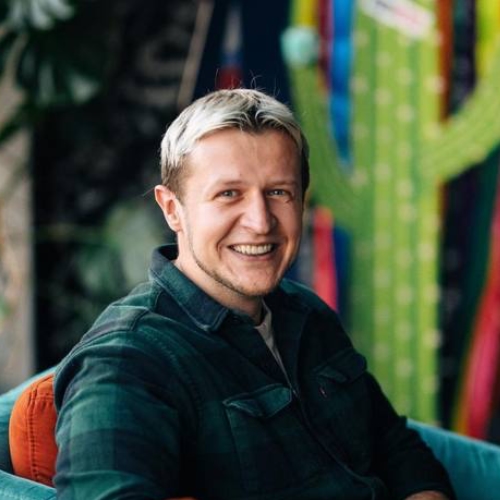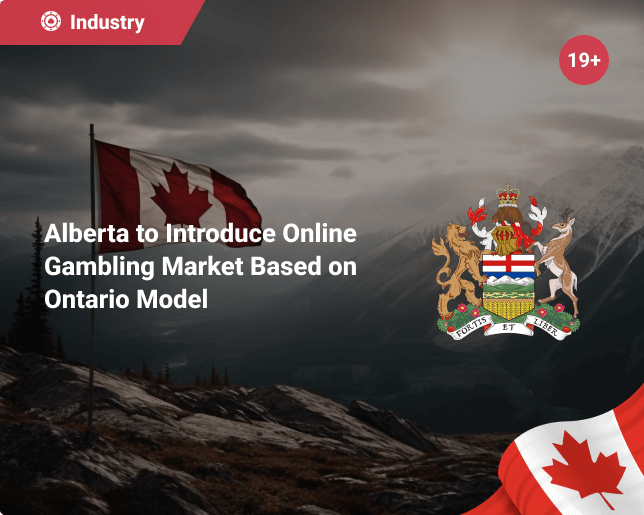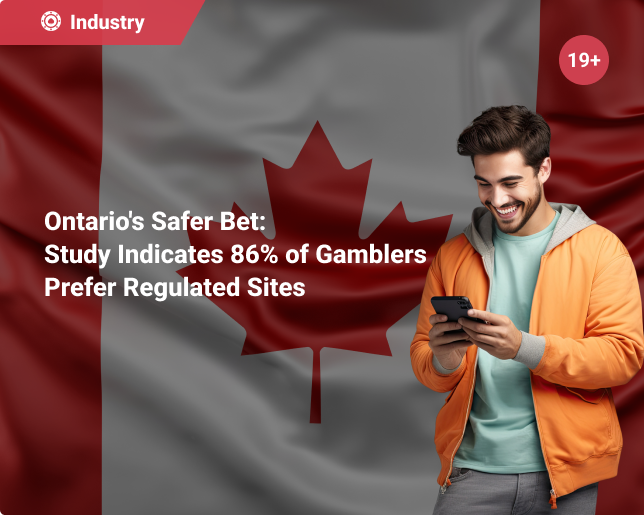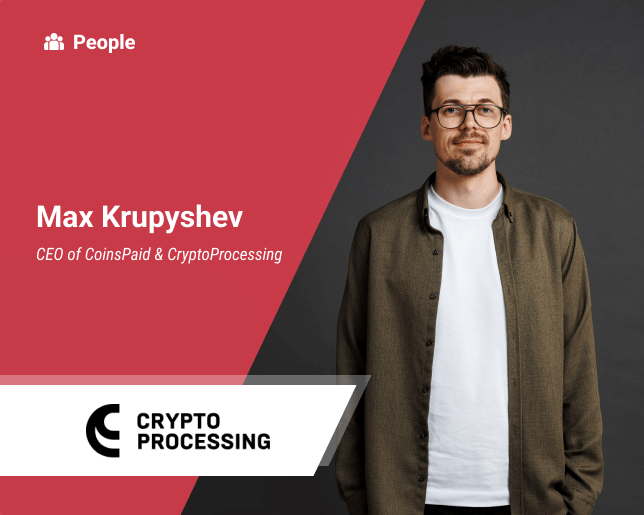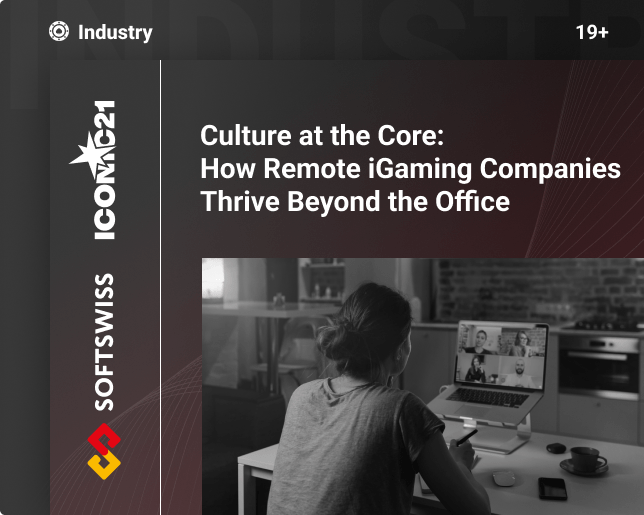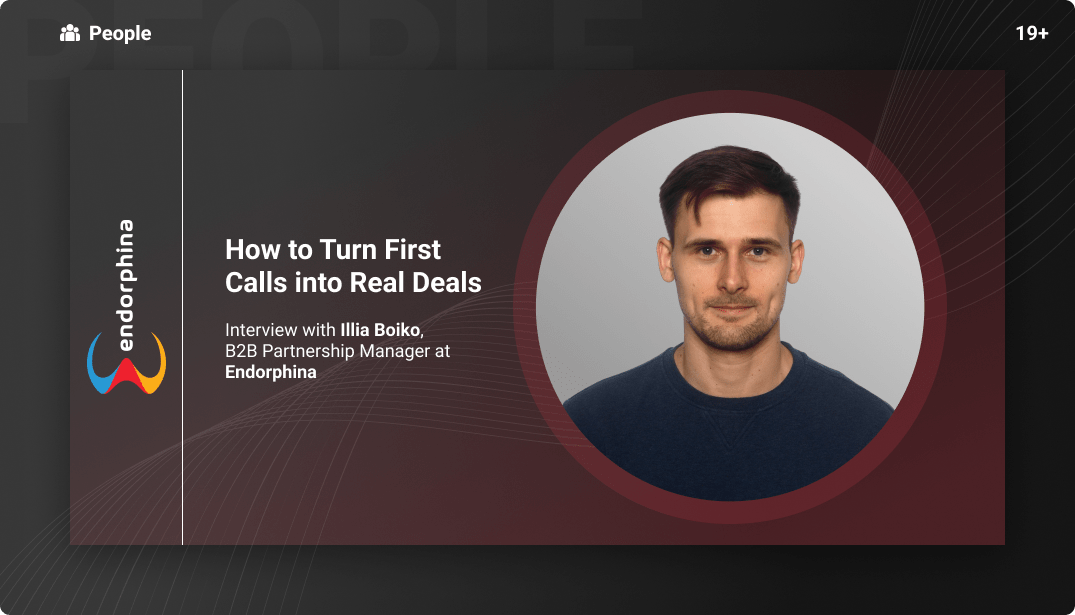
How to Turn First Calls into Real Deals: Interview with Illia Boiko, B2B Partnership Manager at Endorphina
Breaking through in the iGaming industry takes more than basic outreach. It involves building trust, managing expectations, and knowing how to keep a conversation going after the first call. Illia Boiko, B2B Partnership Manager at Endorphina, shares how he transitioned from affiliate marketing into business development, what makes partnerships last, and how to approach deals with both startups and established operators. His insights reflect real challenges and practical tactics from inside the business.
Q: You’ve built your career in business development, what was your first step into iGaming?
A: My first steps started in Affiliate Marketing. At that time I was working in CPA-network focusing mostly on dating, but looking for every possible opportunity for the business to grow. I was building a portfolio of partners, adding more and more dating and igaming offers where our affiliates could send their traffic to. Finding a perfect combo is hard, looking back now, I think sometimes it also depends on luck.
This is what happened in the 6th month, after hard work, dedication and desire to do our best team found a perfect match in iGaming. We had a very experienced media buying team in dating, but never tried casino before, so knowing that I was working on igaming offers they decided to try. This was an important shot I couldn’t blow. Because if the test is unsuccessful, the whole idea could be decided to drop by the management. And I had in my view a great relationship with one partner that I thought could be the one to have a test. Luckily I was right. The team saw a nice conversion and we decided to maximize this. That’s how we started to build a team around igaming solely and I became more involved in finding the best offers around it.
Q: In your experience, what separates a “fast win” deal from a long-term partner relationship?
A: I think the answer lies in the question. As you said, “fast” isn’t something matched with long-term. Usually, like anything in life, you need time, that’s a crucial condition. Depending on what stage your company is at, you make plans. Of course when you are new and need fast revenues, long-term might not be the option because of limited resources, so you need fast wins. But when you become stable, finding long-term partners is your main goal.
The second important thing of course is “quality product”, that might be obvious, but what every company determines on word “quality” can be different. This includes not only the good traffic source or creatives used or slot games that are liked by the players but also the communication of your managers, how fast you respond to resolve issues, how you listen to what partner needs or pains he has and how you can solve them.
The third thing in success I believe is passion or let’s say a strong belief you deliver the best quality service. The important job of middle and higher managers is to energize all employees that what they do is either important or they are the best in the market at doing that. Of course, it should not be just blind chants, but should go along with the “quality product” mentioned earlier. If they cannot do that, you should find people that have that energy and just teach them a quality service. They are your engine.
Q: When you speak with potential partners, what’s the most common misconception they have about working with a provider?
That you are one more provider that they already have. And sometimes that might be right. The gaming/slot market is oversaturated but also the iGaming market growth is not yet on its peak, it is growing. We still have lots of geos or (countries) where people haven’t seen more than 5-10 providers. I haven’t played a lot of games because they were not available due to various reasons. So the battle for “Player’s favourite” is still on.
We see a rise of new mechanics and new innovative features. Like in any other business, you need to have a base product that will make some money to cover the costs of client’s integration and time they spend on it. What will be next in your roadmap, what differs you from any other, what you will evolve into. These are the things you are trying to convince people to give you a chance.
Q: What red flags do you personally look for when assessing a new lead or client opportunity?
A: It’s hard to say, I am not sure there can be any red flags. Ah, maybe there is one – “indifference”. When a partner doesn’t care, his only interest is only the profit and as soon as possible. When he is not interested to learn more, to drive innovation, to do responsible business, to do more for the player, because eventually such companies will fall.
Q: What does your ideal onboarding process look like, once a deal is signed? How do you keep momentum going after that first handshake?
I like the word “seamless”. Some people know a “flow” state, when everything just goes smoothly. It is hardly achieved, cause right now you have to manage expectations and be in touch with lots of parties at once. As you know there are a couple of decision-makers in the company, they can be responsible for different areas of the product and deal with it themselves. You have to find a person within the company and turn him to your side, so he can push inside his company for integration, launch etc and you push your team.
There is no clear strategy, because building relations can turn in a lot of directions. But what can be done to secure a win: have a back plan. Have multiple stakeholders on your side, have contacts in case someone is not answering. Be always on, unfortunately you have to be responsive asap to solve any issue. Also, you have to follow-up people, but cautiously, not to be annoying.
Q: How do you prepare your pitch or proposal depending on whether you’re speaking to a startup brand vs. an established operator?
A: 90% of preparation is the same. You must know your pitch by heart, no matter what type of client opposite you. The second important thing is – who you deliver your pitch to. Different ICP require different tactics or messages. If you pitch to C-level, they are most interested in how your product can generate more revenue or gaining more share in a new market or to scale. Product or Tech people are more interested in efficiency, promo tools, how your product fits in their roadmap etc.
With established operators you might focus more on metrics, stats and results whether with a startup brand you can show your expertise and professionalism. Either way, the more you know about your client the better. This 10% I think mostly about your confidence. If you are inexperienced in delivering pitch to high-level companies, I would work on building your confidence. This is mostly about your voice, what you wear, your internet is stable and camera working, making sure you have a plan written how you’re gonna lead a conversation, possible questions etc. You might have only one chance, with no chance for mistake.
Q: What tools or frameworks help you build trust and credibility quickly in a sales conversation?
A: Nowadays I think there are lots of channels that are good at building trust. But the main ones I feel important are definitely these:
Linkedin. A company should build a strong brand there, always present, always with insightful content for their audience. But not only from their company page, C-level should also be involved in it, cause they are the brand face, you cannot stay in a shadow. If you want to be trusted, you should show your face and share your expertise. Also me of course, I need to build a personal brand, so people know me, so when they receive an email or message they already saw me somewhere, so they are more keen to read what I am trying to say.
Conferences. Being present at the events is a crucial indicator that you are doing well. You are successful, then it means others can do business with you. That’s simple and efficient.
Global Presence. It can be a local representative or maybe an office in the targeted region. Same as with previous, the longer your reach – the better for your business. You have to be flexible and always available.
Q: How important is follow-up in your sales strategy and what’s your rule for knowing when to push vs. when to pause?
A: Follow-up is almost everything in sales strategy. And this is due to “timing”. Your pitch can be ideal, but if it gets in the wrong time and nobody opens it – the whole words become wasted. So you need to follow-up. If you do that – it’s already great. If you can improve it – it’s the best. How can you do that? Try this: check for other methods of communication. Maybe you can find a whatsapp or Telegram or Linkedin.
You need to map your campaign in such a way that following up through different methods looks flawless and doesn’t irritate the person. You need to be helpful and not just an obsessive sales person who craves to sell. Also, if you see a person doesn’t reply via multiple channels for 2-3 follow-ups, then it’s time to move to another person within the company. The best way this time will be to get trust from another colleague and ask him to refer you to the one you couldn’t reach.
Q: From your point of view, what’s the #1 ingredient in turning a one-off client into a long-term partner?
A: Investing. If you want to build anything in life you have to be dedicated. Sometimes sacrificing your small revenue wins over a partner’s success. Of course it requires a huge effort to identify which partners are worse working with for the long-term. This is mostly based on your company’s values. The best long-term partnerships for me were always people I share the same values with.
Q: What do you think sales and business development in iGaming will look like in 2025? Any trends operators should prepare for?
A: I think the only development here is in outreach, it evolves constantly. Some channels become more effective than others. Like Linkedin, for example. But as for developing relations or selling the product it will evolve more into deeper connections between partners. People want more connection with their clients. With AI and quarantines and social media we now want to see people behind their phones or laptops. Someone we can have not just a person providing a service, but maybe a friend of the family.
Q: Do you play any casino games yourself and have you ever won something?
A: I have some favourite slots that I like visually and gameplay wise, but it is mostly professional deformation (joking). I prefer card games, like black jack or poker and mostly like to play in on site casinos. I am an occasional player, won a few times in roulette but nothing major. When I go to a casino it is mostly to spend money for fun with no regrets.
Afterword
Illia Boiko’s approach shows that strong partnerships depend on preparation, consistency, and responsiveness. Quick wins may help early growth, but long-term value comes from working with the right people and staying available throughout the process. For companies looking to improve their B2B strategy, this conversation is a clear reminder: reliability and shared values often make the biggest difference.
Other news:
Alberta to Introduce Online Gambling Market Based on Ontario Model
Alberta’s administration is following the lead of iGaming Ontario and launching their own provincial iGaming online gambling market.
Ontario’s Safer Bet: Study Indicates 86% of Gamblers Prefer Regulated Sites
Gamblers in Ontario were ecstatic in 2022 when the provincial government regulated online gambling. Before these regulations came into place, roughly 70% of gamblers in the province were seeking entertainment through ...
Exploring the Future of Crypto Payments with CoinsPaid & CryptoProcessing CEO, Max Krupyshev
Introducing Max Krupyshev, Co-Founder and CEO of CoinsPaid & CryptoProcessing, ready to share his insights with the CasinoRIX team. Max is here to spill the beans on how CoinsPaid became a global player in crypto paym...
Culture at the Core: How Remote iGaming Companies Thrive Beyond the Office
In iGaming, remote work thrives when culture is intentional. ICONIC21 and SOFTSWISS show how shared values, clear communication, and recognition systems turn distributed teams into high-performing, connected workforces.
